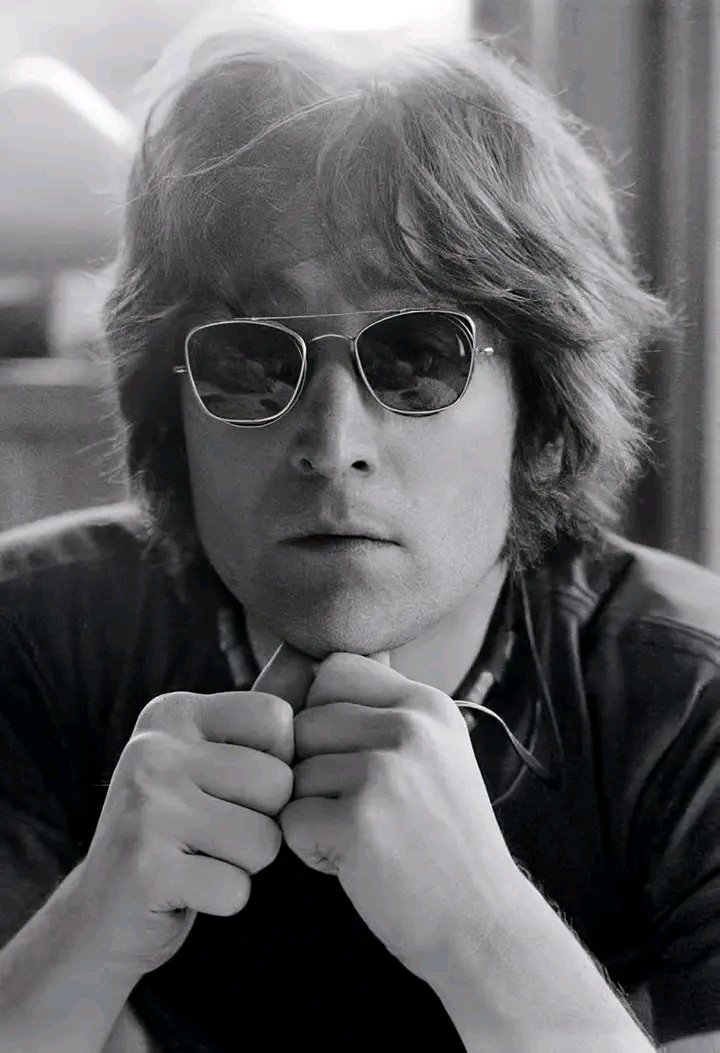In 1971, the leader of the British invasion, Liverpool’s favourite son, and one of the UK’s most iconic musicians, packed up his stuff and moved Stateside.
When John Lennon landed in New York, it was clear everything had changed. The Beatles were over, a new era was beginning, and he’d chosen this city to start things fresh—so why did it so desperately want to rid him?
Lennon’s move to New York was a symbolic one. The band was officially dead as divorce papers were signed, and all four went off to their own corners to lick their wounds. By that point, their solo projects were underway. Paul McCartney had released McCartney, George Harrison was long desperate to release All Things Must Pass, Ringo Starr was laying the foundations for what would become a fruitful solo career, and Lennon had kicked things off with the release of John Lennon/Plastic Ono Band. But still, there was something about his move across the Atlantic that felt like the ultimate line in the sand.
It was also symbolic as the musician made a clear point of completely and utterly starting from scratch. Despite being two of the most famous people on the planet, and two obviously rich and successful people, Lennon and Yoko Ono chose to move into a relatively small apartment. With this period chronicled in the documentary, One To One, the couple essentially lived in their bedroom with a TV at the foot of their bed. They were already political at this point, as Lennon had written tracks like ‘Revolution’ for The Beatles, and they’d already turned their honeymoon into a kind of protest. But there, watching the happenings of their new country unfold on the news, their dedication intensified.
Because Lennon hadn’t just landed in a new city, he’d landed in a hotbed of politics. The Richard Nixon administration was in full swing, the Vietnam War was still raging on, and in their new city, figureheads like Jerry Rubin and Abbie Hoffman were at work. When the ex-Beatle landed as an artist that people already knew leaned leftward and was passionate about anti-war protesting that pushed for peace and love, naturally, the city’s activists quickly adopted him.
The thing was that Lennon knew the power of his platform. Caught in recorded phone calls from his first years in the city, the musician is heard talking to a whole bunch of different activists and figureheads, working out ways he could help various causes, whether it be through singing at a rally for activist John Sinclair, or even considered footing pretty sizable bills to pay the bail for political prisoners or people arrested on drugs charges around the country.
When Lennon arrived in New York and became embedded in this scene, it was clear that his politics wasn’t just a masquerade or a part of his brand. He clearly cared and wanted to help, which was the problem.
Why did the US try to deport John Lennon?
In early 1972, President Nixon seemed to take a personal grudge against Lennon being in his country. Quickly, the government’s cogs were working against the star, launching what they called a “strategic countermeasure” against him.
What that looked like was a four-year-long battle attempting to deport one of the biggest stars on the planet. While typically America would have welcomed the rich and famous with open arms, its opinion towards Lennon had always been complex. Think back to the moment when the KKK surrounded the Beatles’ gigs, or when the band stopped touring to stop going back to the States for one. It was a tricky connection, but right when he genuinely wanted to make a life there, alongside his wife, the administration was trying desperately to make that impossible.
It was a case of Lennon versus the US, a battle of uber-celebrity versus governmental power. The singer was wrapped up in lengthy legal issues and denied permanent residency in the US until 1976, having to struggle year after year to stay. But why?
Well, isn’t that obvious?
It would be easy to underestimate the power of John Lennon’s fame or the sheer scale of it. But especially given that he seemed passionate and determined to use that fame to actually make change happen, that became terrifying to the government. Given his anti-war stance, paired with his obvious support for drugs and passion for decriminalising and condemning drug charges, those two things together made him a direct threat, one they wanted to get rid of.
